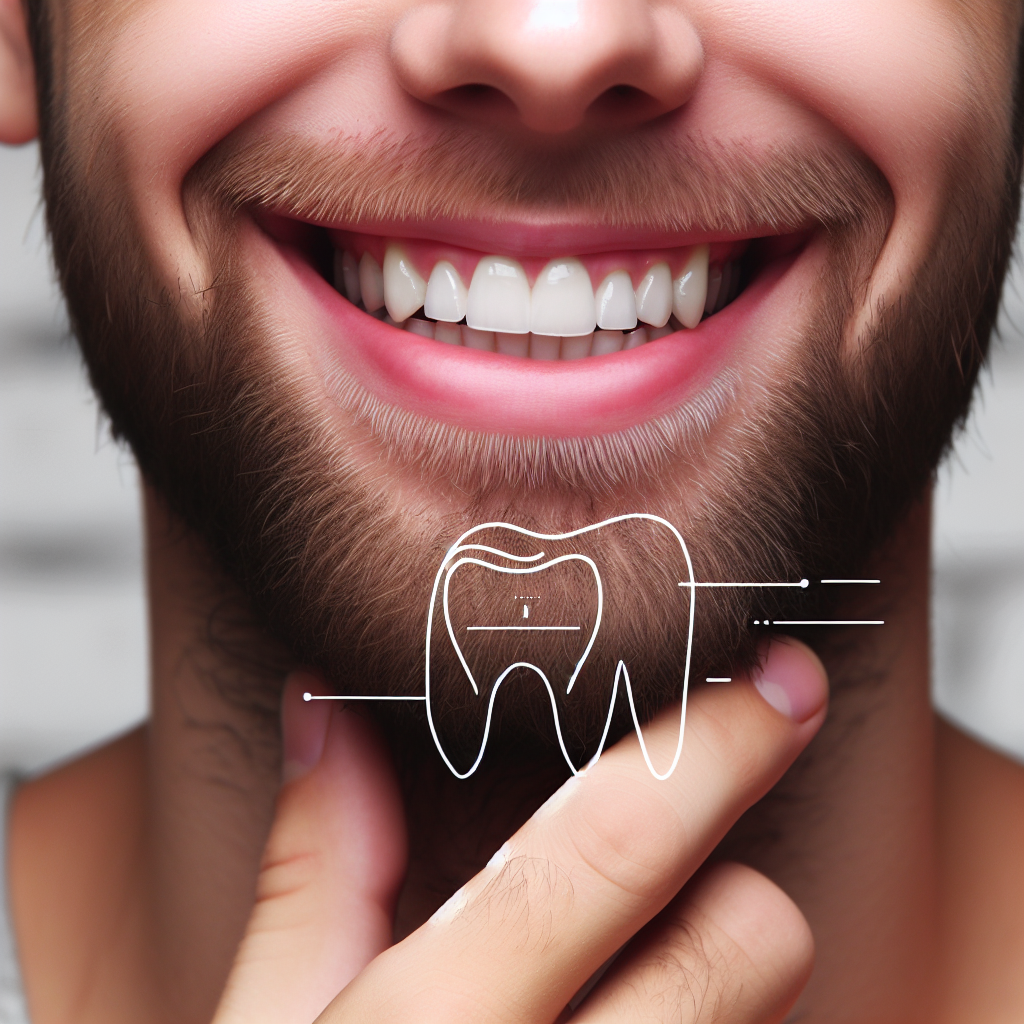Wisdom teeth, also known as third molars, are the last set of molars to erupt in the back of the mouth. These teeth typically emerge between the ages of 17 and 25, a period that is often marked by dental discomfort and headaches for many individuals. The presence of wisdom teeth can cause various issues, including crowding, impaction, and misalignment, which can lead to headaches as the teeth push against surrounding structures.
Headaches caused by wisdom teeth can be quite debilitating, affecting one’s ability to focus and concentrate on daily tasks. In some cases, the pain may radiate to the temples, forehead, or neck, making it challenging to find relief. One effective way to alleviate headache symptoms related to wisdom teeth is to address the underlying dental problem. This may involve consulting with a dentist to determine the best course of action, which could include extraction or other interventions to alleviate pressure and discomfort.
According to the American Association of Oral and Maxillofacial Surgeons, approximately 85% of people will require wisdom teeth removal at some point in their lives. This statistic underscores the prevalence of issues related to third molars and the importance of addressing them promptly to prevent further complications, such as chronic headaches. By seeking professional dental care and following recommended treatment plans, individuals can effectively manage headache symptoms stemming from wisdom teeth and improve their overall quality of life.
Looking for Relief? What can help with headaches from wisdom teeth?
If you are experiencing a headache caused by your wisdom teeth, you may be wondering what you can do to alleviate the pain. Headaches from wisdom teeth can be a common issue for many individuals. The pain is often caused by the pressure and inflammation that occurs when the wisdom teeth start to erupt and push against the surrounding teeth. In order to find relief from these headaches, it is important to address the root cause of the problem.
Read on to discover some effective ways to help with headaches from wisdom teeth and find relief from the discomfort they can cause.
Treatment options for headaches from wisdom teeth
Headaches caused by wisdom teeth can be debilitating and difficult to manage. Fortunately, there are several treatment options available that can help alleviate the pain and discomfort associated with this issue.
1. Pain medication
One of the most common ways to manage headaches from wisdom teeth is by taking pain medication. Over-the-counter options such as ibuprofen or acetaminophen can help reduce inflammation and alleviate pain. For more severe headaches, your dentist may prescribe stronger pain medication.
2. Antibiotics
If the headaches are caused by an infection in the wisdom teeth, your dentist may prescribe antibiotics to help clear up the infection. It is important to take the full course of antibiotics as prescribed to ensure that the infection is fully eradicated.
3. Warm compress
Applying a warm compress to the side of your face where the wisdom teeth are located can help reduce pain and inflammation. The warmth can help increase blood flow to the area, promoting healing and reducing discomfort.
4. Saltwater rinse
Rinsing your mouth with warm salt water can help reduce inflammation and kill bacteria in the mouth. This can help alleviate pain and discomfort associated with headaches from wisdom teeth.
5. Dental extraction
In some cases, the best way to alleviate headaches from wisdom teeth is to have them extracted. This is a common procedure that can help prevent further issues and alleviate pain in the long term.
Statistics on headaches from wisdom teeth
According to the American Association of Oral and Maxillofacial Surgeons, about 90% of people will have at least one impacted wisdom tooth in their lifetime. This can often lead to headaches and other oral health issues that require treatment.
– Applying a warm compress to the jaw
– Avoiding hard or crunchy foods
– Drinking plenty of water
– Getting enough rest
Conclusion
In conclusion, a headache from wisdom teeth can be effectively alleviated through various methods. One of the most common solutions is to take over-the-counter pain medication such as ibuprofen or acetaminophen to reduce inflammation and discomfort. Additionally, applying a cold compress to the affected area can help numb the pain and reduce swelling. Maintaining good oral hygiene and using warm saltwater rinses can also aid in soothing the symptoms associated with wisdom teeth pain.
It is essential to consult with a dentist or oral surgeon if the headache persists or worsens, as they may recommend further treatment options such as wisdom teeth extraction. By following proper dental care practices and seeking professional help when needed, individuals can effectively manage headaches caused by wisdom teeth and improve their overall oral health. Remember to prioritize self-care and listen to your body’s signals to ensure a speedy recovery from wisdom teeth-related headaches.

